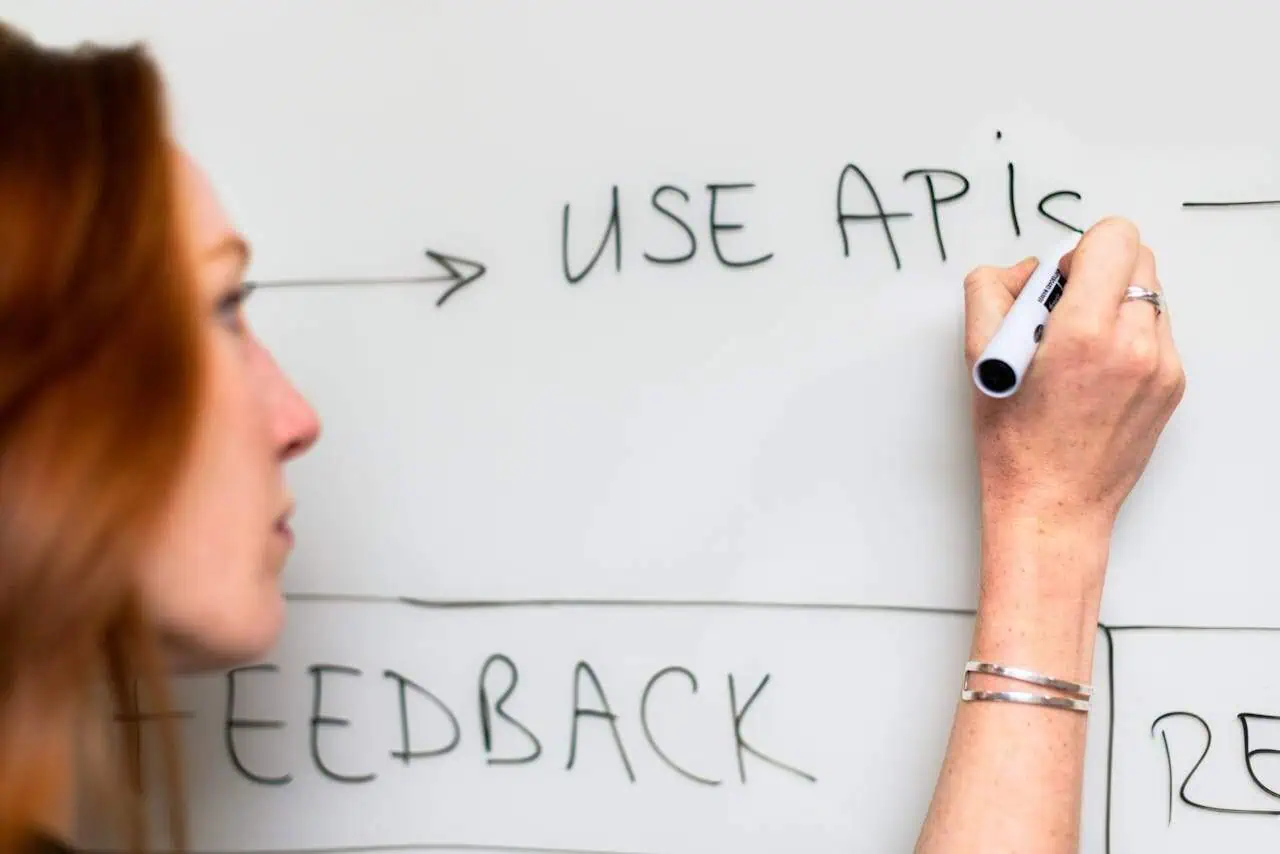In today’s interconnected digital landscape, APIs (application programming interfaces) play a crucial role in connecting apps and platforms. For instance, Data365 serves as a helpful resource in understanding how APIs allow various applications to interact seamlessly. Social media APIs, in particular, enable different systems to communicate, exchange data, and offer users a more cohesive experience.
At their core, social media APIs are standardized methods for accessing the functionality and data of social media platforms. They provide a way for developers to integrate social media features into their apps without directly interacting with the platform’s underlying code. Whether it’s fetching a user’s profile, posting updates, or retrieving analytics data, these APIs simplify the process, making it possible to extend the capabilities of existing platforms.
Why Developers Use Social Media APIs for Integration
Developers turn to social media APIs for many reasons. One of the most compelling is the efficiency they offer. Instead of building new infrastructure from scratch, developers can leverage the capabilities of established social media platforms. This saves time, reduces complexity, and allows for faster iteration.
Moreover, APIs enable developers to enhance their applications with features that users already know and trust. Integrating popular social media functions—like sharing content or interacting with followers—makes the user experience more intuitive and engaging. Additionally, APIs ensure that developers are using officially supported methods, reducing the risk of compatibility issues and maintaining a consistent standard of performance.
How Social Media APIs Improve User Experience
From a user perspective, the integration of social media APIs results in a smoother, more cohesive experience. Consider how many apps today allow users to log in with their social media accounts. This convenience eliminates the need to create separate credentials, making it easier for users to get started.
Social media APIs also enable features like real-time updates and personalized content feeds. By tapping into an existing platform’s data, applications can present users with timely and relevant information. Whether it’s displaying the latest posts from friends or providing instant notifications for social interactions, these integrations make apps more dynamic and user-friendly.
The Role of APIs in Social Media Automation
Automation is another area where social media APIs shine. By allowing apps to programmatically interact with social media platforms, APIs pave the way for tasks that would otherwise require manual effort. Businesses, for instance, can use APIs to schedule posts, track campaign performance, and generate automated reports.
For developers, the ability to automate workflows means increased productivity and more time to focus on higher-level tasks. APIs provide the tools to connect various services, streamline repetitive actions, and ensure consistency across multiple social media channels. This automation not only benefits businesses but also enhances the overall experience for users by ensuring that content is timely, relevant, and readily available.
Examples of Apps That Rely on Social Media APIs
Many applications we use daily depend on social media APIs to function effectively. Social media management platforms, for example, rely on these APIs to pull in data, schedule posts, and offer insights into engagement metrics. By using APIs, these tools can provide a unified dashboard that simplifies the process of managing multiple accounts.
E-commerce platforms also leverage social media APIs to display user-generated content, enable social login options, and integrate customer service channels. News aggregators, fitness apps, and even gaming platforms often tap into social media APIs to share achievements, deliver targeted content, or foster community interaction.
By providing a standardized way to access data and functionality, social media APIs allow developers to build richer, more interactive applications. The result is a connected digital ecosystem that benefits businesses, developers, and end-users alike.

